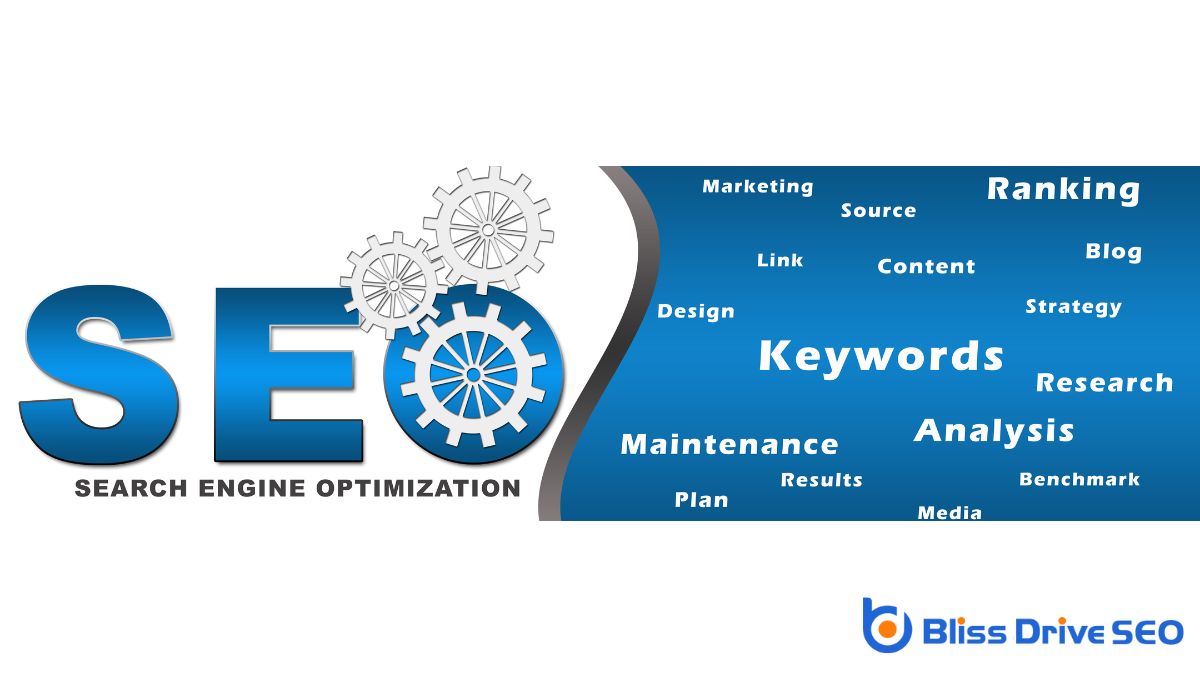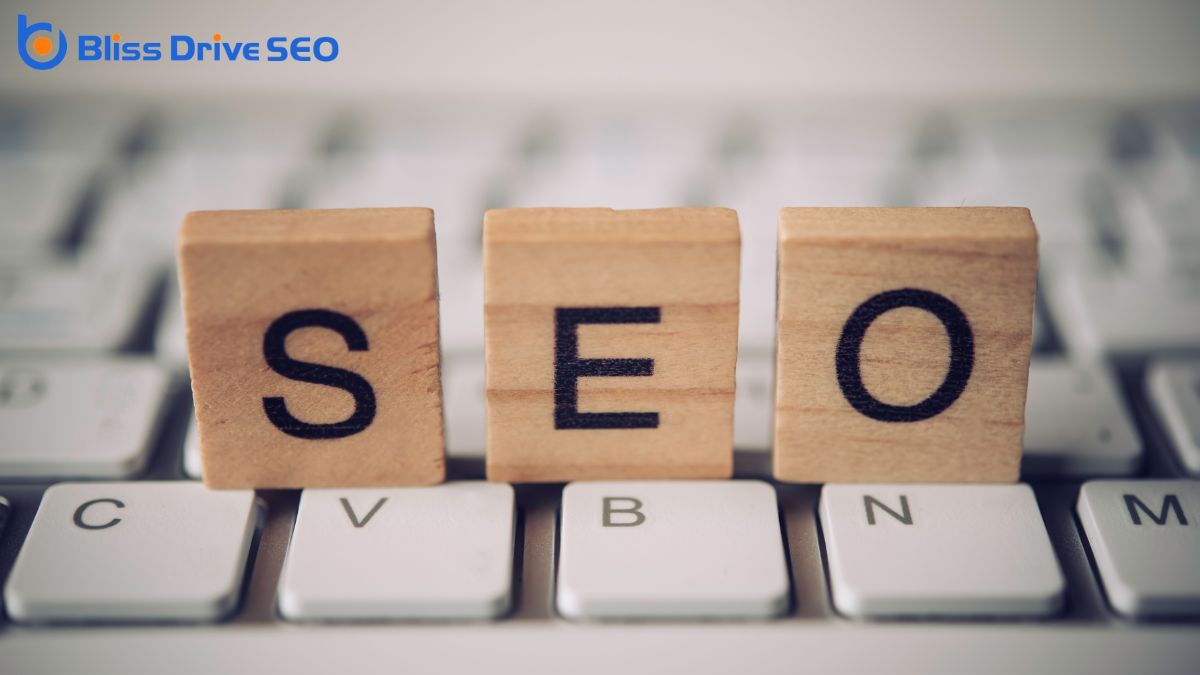Digital Marketing Services
Learn More About Us

You're probably wondering if every page on your website truly needs SEO. It's a fair question, especially given the time and effort required to optimize each one. On the surface, it might seem like certain pages don't need the same attention, but skipping SEO can mean missed opportunities for attracting traffic and engaging your audience. By tailoring SEO efforts to the unique purpose of each page, you can greatly enhance your site's performance. So, how do you decide which pages deserve your focus, and why should you not overlook any?

Every page of your website has unique SEO requirements, and understanding these is crucial for optimizing your online presence. You might think that a one-size-fits-all approach works, but each page serves different purposes and targets distinct audiences. Recognizing these variances helps you tailor your SEO strategies effectively.
Start by analyzing the content and purpose of each page. Is it informational, transactional, or navigational? Knowing this guides you on how to optimize it for search engines.
For example, an informational page should focus on providing detailed, valuable content that answers user queries. A transactional page, like a product page, should focus on conversion and user experience.
Don't overlook technical SEOOptimizing the server and website structure to improve search engine crawling and indexing. elements. Check each page's load speed, mobile-friendliness, and URL structure. These factors can greatly impact how search engines rank your pages. Additionally, make sure each page has unique meta tagsHTML tags that provide information about a web page to search engines and visitors., such as title tags and meta descriptions, that accurately reflect the page's content.
Lastly, evaluate your internal linkingLinks that connect different pages on the same website. strategy. Effective internal links help users and search engines navigate your site efficiently, improving both user experience and SEO performance. By understanding and addressing each page's specific SEO requirements, you're setting your website up for success.
Keyword targeting's significance can't be overstated when it comes to enhancing your website's SEO performance. By focusing on specific keywordsWords or phrases that users type into search engines to find information., you guarantee your pages are optimized to attract more relevant traffic. This means potential customers or clients searching for what you offerThe specific product or service being promoted by affiliates. can easily find you. Without targeted keywords, your pages might get lost in the vast sea of online content, missing valuable opportunities.
When you target the right keywords, you're aligning with what people are actually searching for. It's essential to understand the language your audience uses and incorporate those terms naturally into your content. This not only improves your search rankingsThe position at which a website appears in the SERP. but also creates a more engaging experience for visitors.
They'll feel like they've found exactly what they're looking for, which can leadA potential customer referred by an affiliate who has shown interest in the product or service but h... to higher conversion rates.
While targeting the right keywords is essential for attracting traffic, focusing on optimizing your core website pages is equally significant for maintaining that traffic and converting visitors into customers. Your core pages, like the homepage, about page, and service or product pages, often serve as the first impressionWhen an ad is displayed on a user’s screen. for potential clients. These pages need to be easily navigable, visually attractive, and packed with clear, concise information. So, how do you evaluate they're optimized?
Start by appraising the page structure. Make sure headings are clear and reflect the page's content. Use subheadings to break down information, making it simpler for users and search engines to understand. Incorporate relevant keywords naturally throughout the text, but don't overdo it—readability should always come first.
Next, focus on loading speed. A slow website can frustrate visitors and lead to higher bounce rates. Compress images and utilize browser caching to enhance performance.

To truly comprehend how well your website is performing, you must consistently assess each page's metrics. This evaluation helps you identify what's working and what's not, allowing you to make informed decisions on adjustments. When you focus on evaluating page performance, you gain insights into user behavior, traffic sources, and conversion rates.
Here are three essential metrics to assess:
After evaluating your page performance, it's vital to ponder how to strategically optimize specific pages with SEO techniques tailored to their unique roles. Not every page on your site serves the same purpose, and understanding this is essential to effective SEO.
For instance, your homepage might aim to broadly capture interest, while a product page should focus on conversion. Recognize these differences, and employ SEO practices that align with each page's goal.
Start by identifying which pages truly need optimization. High-traffic pages or those pivotal for conversions, like landing pages, deserve special attention. Use targeted keywords that reflect the intent of these pages.
For a blog post, long-tail keywordsLonger, more specific keyword phrases that are less competitive and often more targeted. might attract more specific traffic, while product pages benefit from transactional keywords that drive sales.
Don't forget about metadataData that provides information about other data, such as its source, format, and usage.. Crafting unique title tags and meta descriptions for special pages can significantly impact click-through rates. Also, consider the user experience—ensure that the page loads quickly, is mobile-friendly, and navigates seamlessly.
Internal linking can guide visitors to other relevant parts of your site, enhancing engagementThe interactions that users have with a brand’s content on social media. and SEO.
You definitely need SEO on every page of your website. By focusing on page-specific SEO, you guarantee that each page reaches its full potential and attracts the right audience. Targeting keywords, optimizing core pages, and evaluating their performance are vital steps. Don't overlook special pages; they also benefit from strategic SEO. By implementing these practices, you'll enhance user experience, boost search rankings, and ultimately drive more relevant traffic and conversions to your site.
